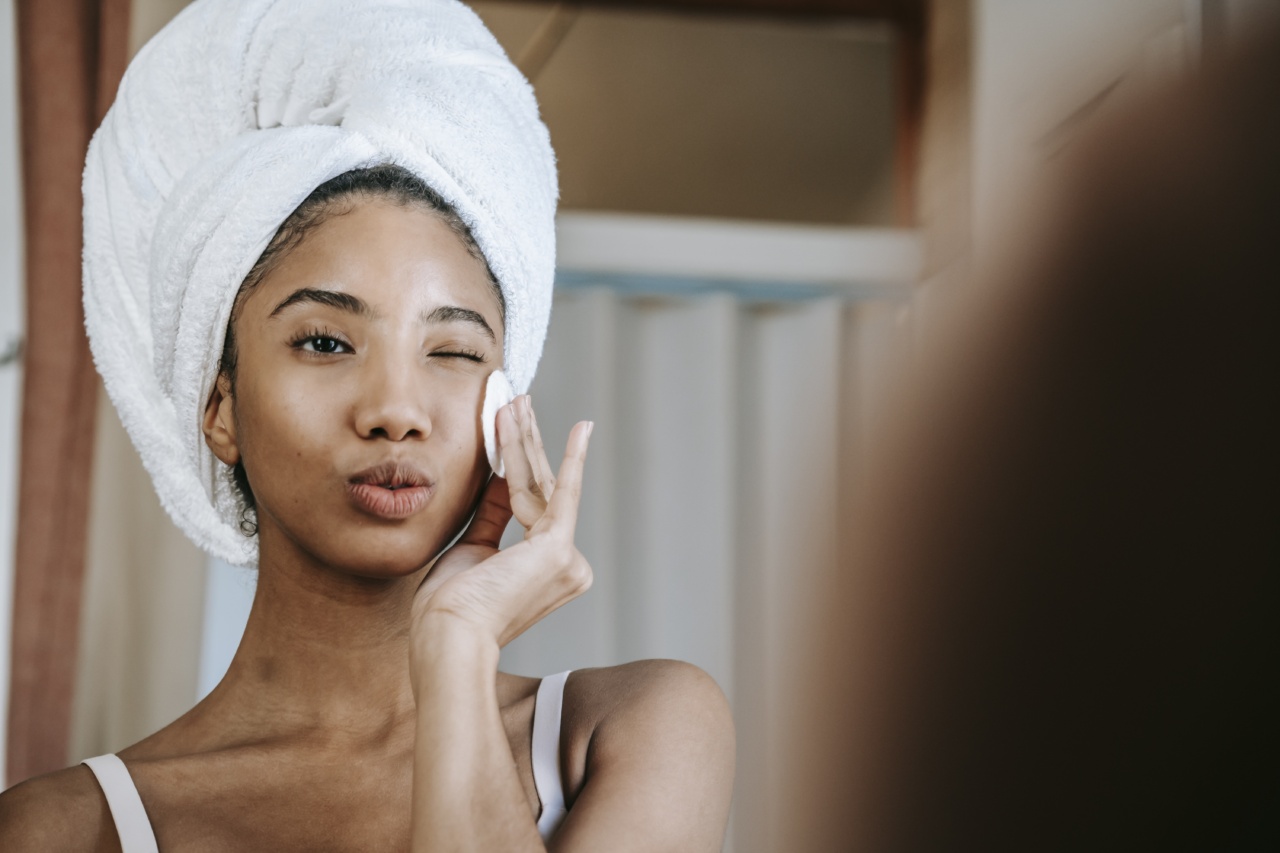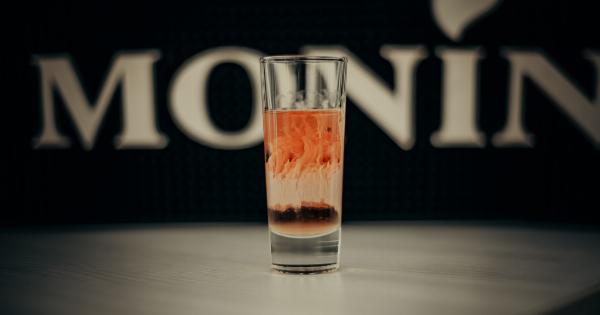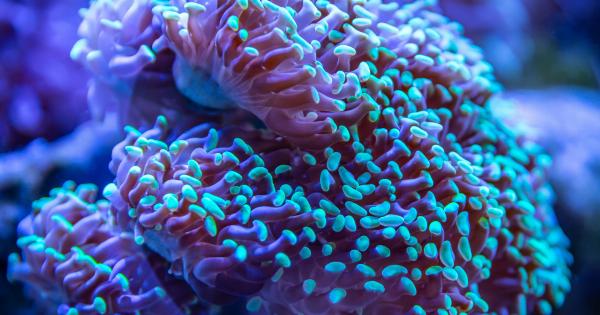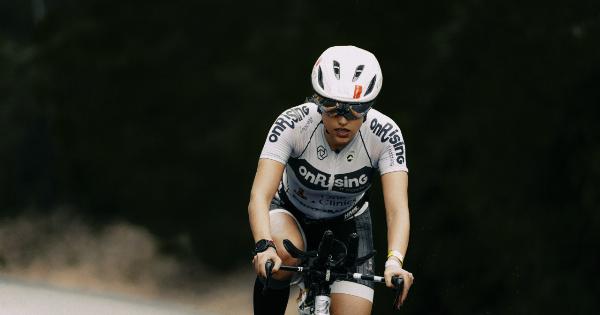Hydration and heatwaves are intertwined factors that significantly influence our overall wellness. As temperatures rise during heatwaves, staying hydrated becomes crucial to prevent heat-related illnesses and maintain optimal health.
This article explores the importance of hydration during heatwaves and provides essential tips to ensure wellness in these challenging conditions.
The Impact of Heatwaves on the Body
Heatwaves can have profound effects on our bodies, especially if we fail to adequately hydrate. In extreme heat, our bodies are prone to dehydration, electrolyte imbalances, and heat-related illnesses such as heat exhaustion and heatstroke.
Increased sweating, combined with the loss of essential electrolytes, can disrupt the body’s equilibrium and lead to fatigue, dizziness, muscle cramps, and even organ failure in severe cases.
Understanding Hydration
Hydration is the process of replenishing the body with fluids to maintain the optimal balance of water and electrolytes. Fluids are essential for various bodily functions such as digestion, circulation, temperature regulation, and toxin removal.
During heatwaves, our bodies lose fluids at a faster rate through sweating, making it crucial to replenish those losses adequately.
The Role of Water in Heatwave Wellness
Water is the most critical element for maintaining hydration. It helps regulate body temperature, cushions joints, transports nutrients, and flushes out toxins.
During heatwaves, individuals should consume more water than usual to compensate for increased fluid loss. Avoiding excessive caffeine and alcohol is vital because they act as diuretics and can contribute to dehydration.
Electrolytes and Hydration
In addition to water, electrolytes play a crucial role in maintaining hydration during heatwaves. Electrolytes are minerals present in the body, such as sodium, potassium, calcium, and magnesium, which help balance fluid levels.
Heatwaves and excessive sweating can deplete these electrolytes, leading to imbalances and decreased wellness. Consuming electrolyte-rich foods and beverages, such as sports drinks, can help replenish and maintain electrolyte levels.
Recognizing Dehydration
Recognizing the signs of dehydration is essential during heatwaves. Common symptoms include thirst, dry mouth, dark urine, fatigue, dizziness, and decreased urine output.
Severe dehydration can lead to confusion, rapid heartbeat, sunken eyes, and unconsciousness. It is essential to address dehydration promptly by drinking fluids and seeking medical attention if symptoms worsen.
Strategies for Staying Hydrated during Heatwaves
During heatwaves, implementing strategies to stay hydrated is crucial for overall wellness. Here are some tips to help:.
1. Drink Plenty of Water
Make it a priority to drink plenty of water throughout the day. Carry a reusable water bottle and sip on it regularly, even if you don’t feel thirsty. Set reminders if needed to ensure you stay adequately hydrated.
2. Eat Water-Rich Foods
Apart from drinking water, consuming foods with high water content can contribute to hydration. Include fruits like watermelon, oranges, and strawberries, as well as vegetables like cucumbers and lettuce, in your diet.
3. Opt for Electrolyte-Rich Beverages
During heatwaves, consider consuming beverages that contain electrolytes to replace those lost through sweating. Sports drinks, coconut water, and electrolyte-enhanced waters can help replenish essential minerals and maintain hydration.
4. Limit Caffeine and Alcohol Intake
Caffeine and alcohol act as diuretics, increasing fluid loss and hindering hydration efforts. Limiting or avoiding these beverages during heatwaves can prevent further dehydration.
5. Dress Appropriately
Wearing lightweight, loose-fitting clothing made from breathable fabrics can help regulate body temperature and prevent excessive sweating. Opt for light colors that reflect sunlight rather than absorbing it.
6. Seek Shade and Use Sunscreen
Spending time in shaded areas can provide relief from the intense heat and reduce fluid loss through sweating.
Additionally, applying sunscreen with a high sun protection factor (SPF) helps prevent sunburn, which can worsen dehydration due to increased skin fluid loss.
7. Take Regular Breaks
If you need to be outdoors during a heatwave, take regular breaks in cool, shaded areas to allow your body to recover from the heat. Avoid excessive physical activities during peak hours when the sun’s intensity is at its highest.
8. Use Cooling Techniques
Employing cooling techniques such as using fans, taking cool showers, or applying damp towels on the skin can help lower body temperature and decrease fluid loss through sweating.
9. Monitor Urine Color
Monitoring urine color can provide insights into hydration levels. Clear or light yellow urine indicates proper hydration, while dark yellow or amber-colored urine signifies dehydration.
10. Consider the Vulnerable Populations
Specific populations, such as the elderly, young children, and individuals with certain medical conditions, are more susceptible to dehydration and heat-related illnesses.
It is essential to pay extra attention to their hydration needs and ensure they stay adequately hydrated.
Conclusion
Heatwaves pose significant challenges to our overall wellness, but by prioritizing hydration, we can mitigate the risks and maintain optimal health.
Drinking plenty of water, consuming electrolyte-rich fluids, and implementing strategies to stay cool are vital during these periods of extreme heat. By following these recommendations and monitoring our hydration levels, we can navigate heatwaves with greater resilience and well-being.































